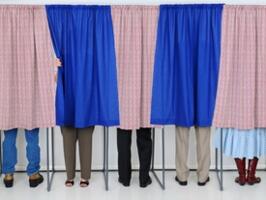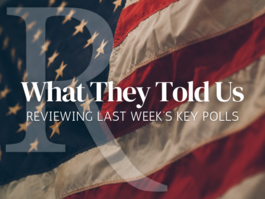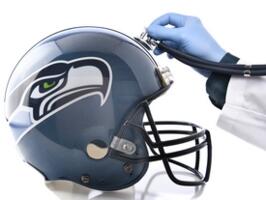Florida: America's Jihad Playground By Michelle Malkin
The home of the "Happiest Place on Earth" has been breeding killer jihadists and Muslim zealots for years.

The home of the "Happiest Place on Earth" has been breeding killer jihadists and Muslim zealots for years.


Voters, especially men, would rather have a beer with Donald Trump, but they're evenly divided over which of the major presidential candidates they would invite home for dinner.

However great the shock of the massacre in Orlando, it is only a matter of time before we start hearing again the fact-free dogma that "diversity is our strength."

The trial of a Stanford University freshman charged with sexually assaulting an unconscious woman has drawn widespread criticism for the perceived leniency of the judge’s sentencing. An overwhelming number of Americans agree that the six-month jail sentence is too easy, and most say cases like Stanford are fair game for politicians to discuss publicly.

On Saturday night, Omar Mateen was a loner and a loser.

Are the exit polls, on which just about every elections analyst has relied, wrong? That's a question raised by New York Times Upshot writer Nate Cohn -- a question whose answers have serious implications for how you look at the 2016 general election.

Well, thank goodness we have President Obama on the case. He will get to the bottom of it and finally put a stop to all this murder, madness and mayhem.

Democrats are much more enthusiastic than other voters about giving felons back their right to vote after they’ve served their time.

Twenty-seven percent (27%) of Likely U.S. Voters think the country is heading in the right direction, according to a new Rasmussen Reports national telephone and online survey for the week ending June 9.

Radical Islamic terrorism raised its ugly head again this weekend, but most Americans saw the horror in Orlando coming nearly three months ago.

This has been Hillary Clinton’s week.

Though it might not always seem like it, the news media is composed of human beings. Humans aren't, can't be and possibly shouldn't be objective. Still, there's a reasonable expectation among consumers of political news that journalists of all political stripes strive to be as objective as possible.

With Hillary Clinton poised to become the first woman nominated by a major U.S. political party to be president, most voters still say they’re willing to vote for a woman president and are slightly more confident that those close to them will do the same. But voters are less enthusiastic about a women candidate in general if her opponent is a man.

Bernie Sanders is not going gently into that good night, at least not yet.

"Never retreat. Never explain. Get it done and let them howl."
Donald Trump has internalized the maxim Benjamin Jowett gave to his students at Balliol who would soon be running the empire.

NEW YORK — Hillary wore white.
Stepping into the klieg lights, she was — finally! — the blushing bride of the Democratic Party. Smiling, waving, tilting her head, clutching her fist to her chest as she surveyed her adorable fans. She stepped to the lectern and gazed lovingly into the teleprompter.

Despite growing concern about the danger to athletes of receiving too many concussions, Americans question whether professional sports organizations are doing enough about it.

Finally! Voters have another choice. The Libertarian Party nominated two socially tolerant but fiscally conservative former governors, Gary Johnson and Bill Weld.

President Obama may be garnering unusually high approval ratings lately, but voters are closely divided as to whether his support would help or hurt candidates running in their state and are less likely to vote for a congressional candidate who has supported his agenda.